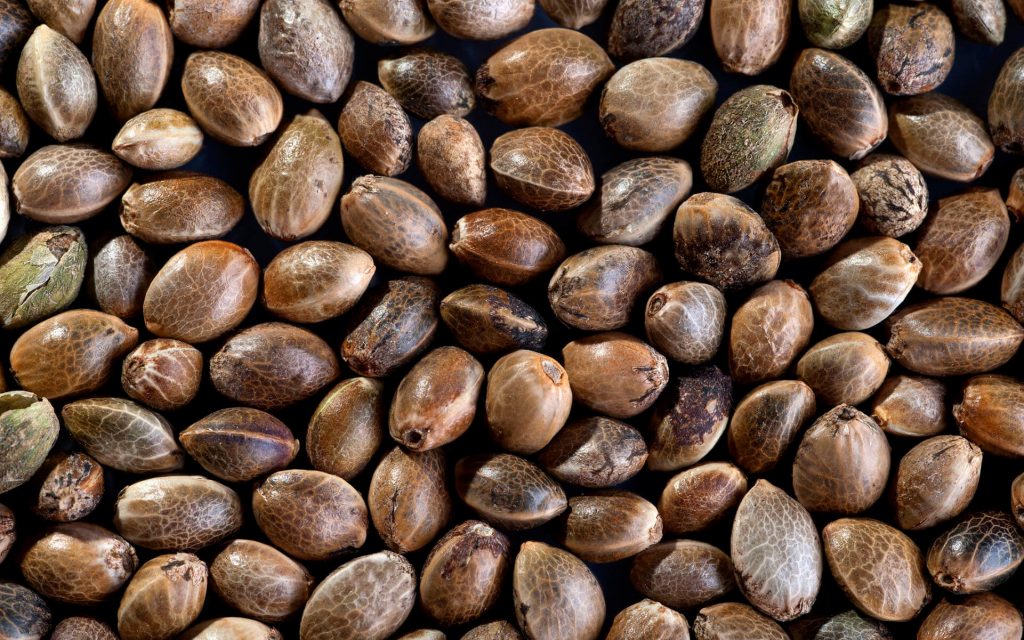Cultivating a Greener Potential: The Purpose of Hashish Seeds in Sustainable Farming
In recent several years, the dialogue close to sustainable farming tactics has received momentum, with an growing emphasis on environmentally pleasant alternate options. One intriguing player in this movement is the hashish plant, specifically its seeds. Cannabis seeds have emerged as a likely match-changer in sustainable agriculture, supplying a myriad of benefits that lengthen beyond the realm of recreational and medicinal use.
The Eco-Helpful Mother nature of Cannabis Seeds:
Cannabis vegetation are known for their resilience and adaptability, generating them an suitable prospect for sustainable farming. The cultivation of hashish seeds needs much less pesticides and herbicides when compared to many other crops, contributing to a reduction in environmental pollution. Additionally, cannabis crops have deep root programs that support prevent soil erosion, marketing soil health and fertility.
Water Performance:
Drinking water scarcity is a considerable issue in agriculture, but cannabis has confirmed to be a reasonably h2o-economical crop. Hashish crops have a special means to prosper in assorted climates, from arid regions to a lot more temperate zones, allowing for cultivation in places where drinking water resources may possibly be limited. This adaptability can make hashish seeds a promising selection for farmers wanting to conserve drinking water and decrease their environmental effects.
Biodiversity and Crop Rotation:
Sustainable farming methods often emphasize the relevance of biodiversity and crop rotation to keep soil health. Cannabis matches nicely into these ideas, as its cultivation can contribute to crop rotation cycles, avoiding the depletion of nutrition in the soil. Additionally, cannabis crops support biodiversity by giving a habitat for various insects, birds, and microorganisms that enjoy crucial roles in ecological equilibrium.
Carbon Sequestration:
A single frequently-neglected part of cannabis cultivation is its possible to act as a carbon sink. Cannabis crops soak up carbon dioxide for the duration of photosynthesis, aiding mitigate the results of weather alter. When developed on a significant scale, hashish has the capacity to sequester important amounts of carbon, creating it a valuable ally in the combat versus international warming.
Hemp: A Flexible and Sustainable Crop:
Within the hashish household, hemp stands out as a specifically versatile and sustainable crop. Hemp fibers can be utilized to develop a extensive range of eco-friendly items, such as textiles, paper, and biodegradable plastics. Hemp seeds, wealthy in protein and necessary fatty acids, are a healthy addition to human and animal diet plans, providing a sustainable different to standard crops.
Financial Gains for Farmers:
In addition to its environmental advantages, cultivating cannabis seeds can offer economic benefits for farmers. The expanding need for hemp-derived products, such as CBD oil and hemp-dependent textiles, opens up new earnings streams. As additional nations around the world legalize and control cannabis cultivation, farmers have the prospect to diversify their crops and faucet into a burgeoning sector.
Challenges and Factors:
When the possible added benefits of cannabis seeds in sustainable farming are promising, there are difficulties and issues that cannot be dismissed. Regulatory frameworks, varying legal statuses, and the stigma involved with cannabis cultivation can pose hurdles for farmers. Nevertheless, as attitudes towards cannabis proceed to evolve globally, it is essential to tackle these issues to unlock the comprehensive likely of hashish in sustainable agriculture.
Summary:
Cannabis seeds have the potential to revolutionize sustainable farming practices by giving a crop that is resilient, h2o-successful, and environmentally helpful. As Clicking Here with the urgent will need for sustainable alternatives in agriculture, discovering the possibilities of hashish cultivation gets progressively crucial. By embracing the ecological advantages of cannabis seeds, farmers can lead to a greener foreseeable future while reaping financial benefits. It can be time to understand hashish not just for its leisure and medicinal worth but also for its role in cultivating a more sustainable and resilient agricultural landscape.
